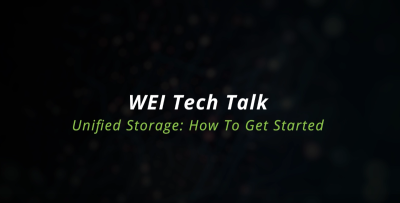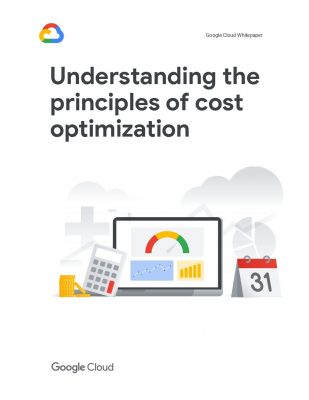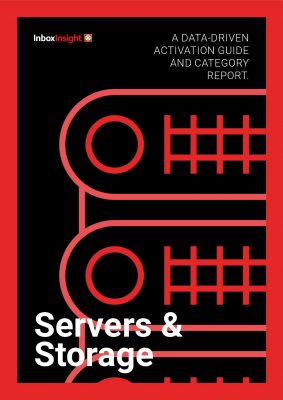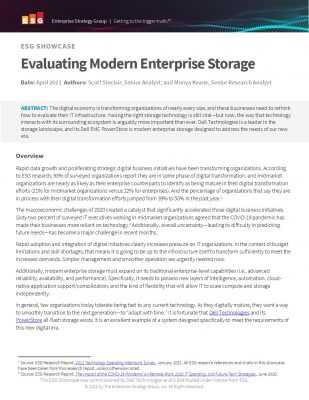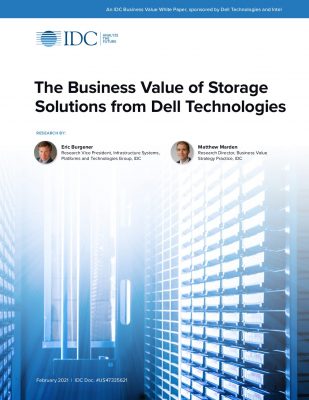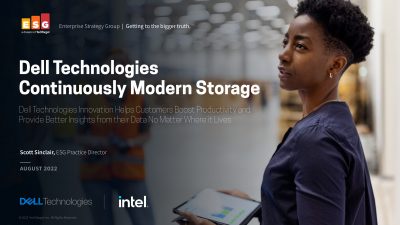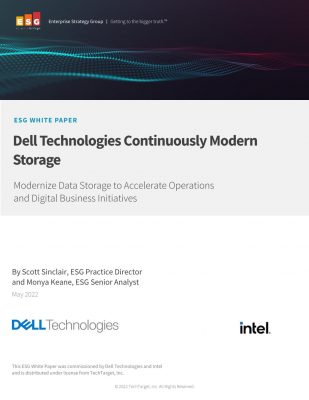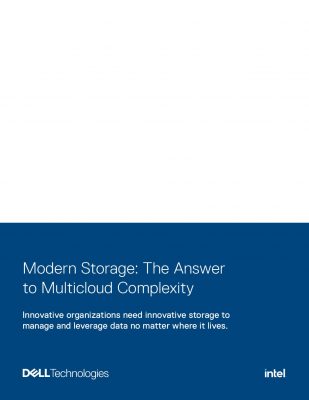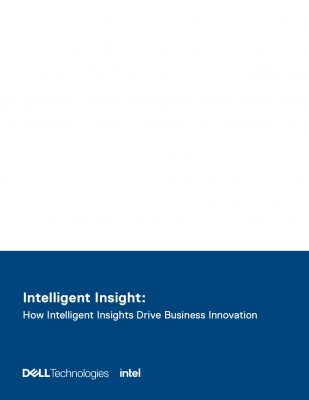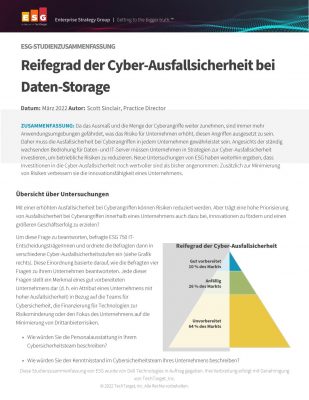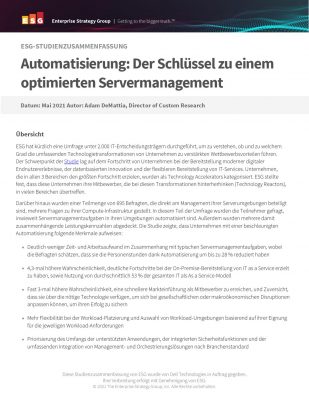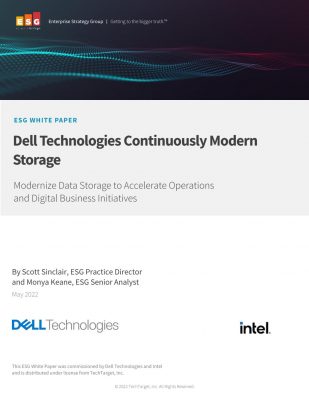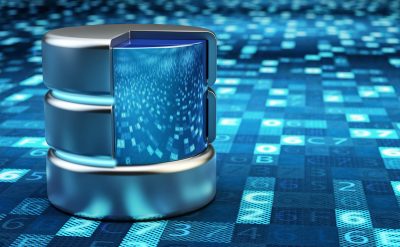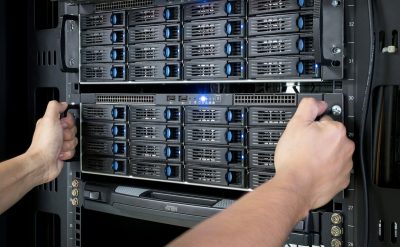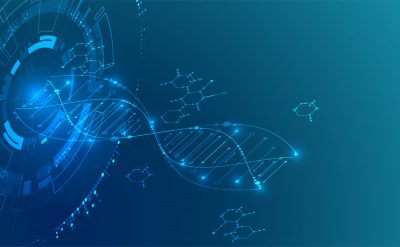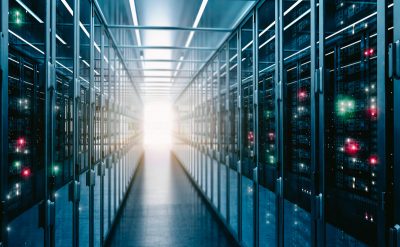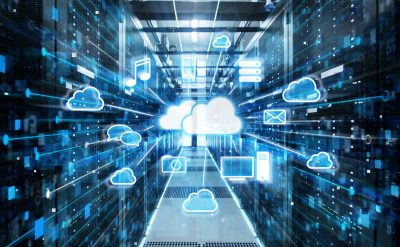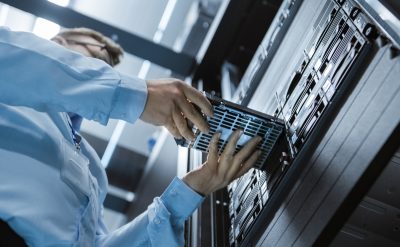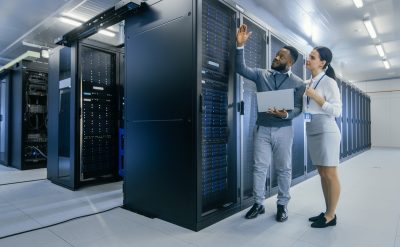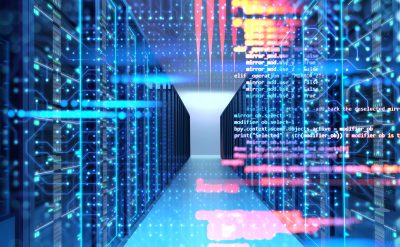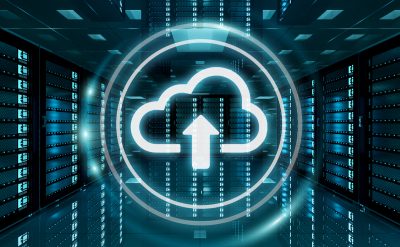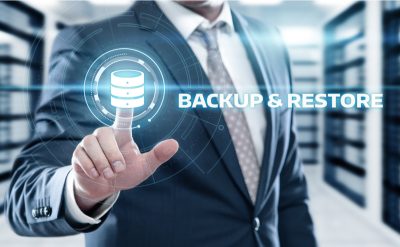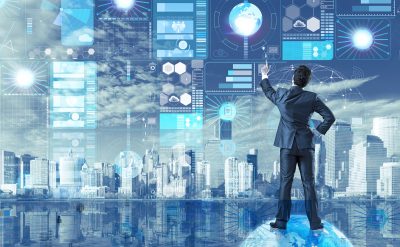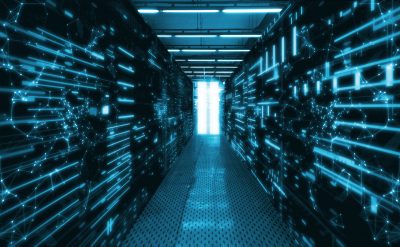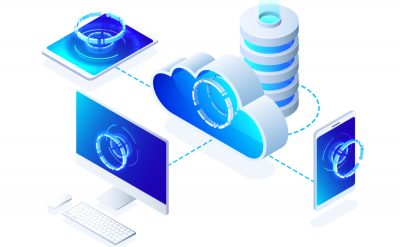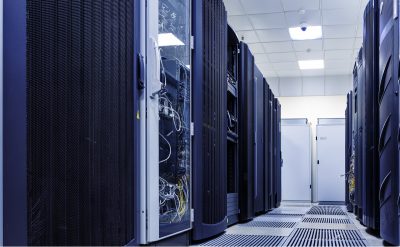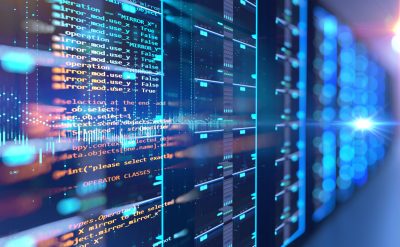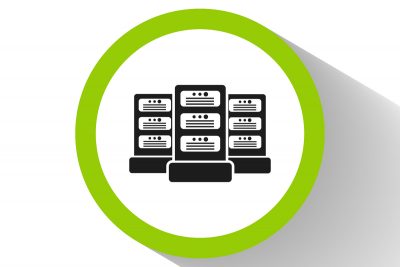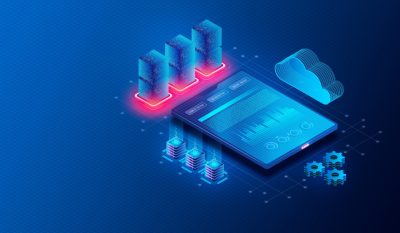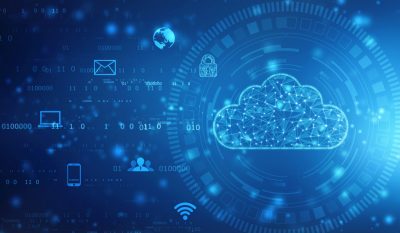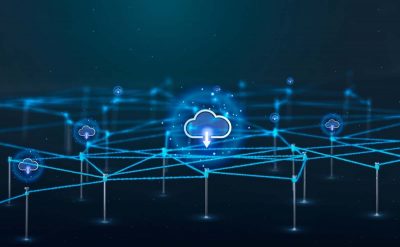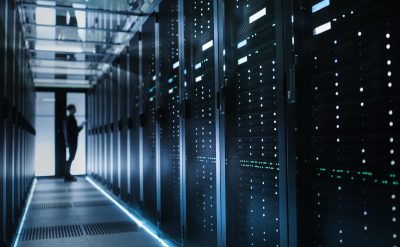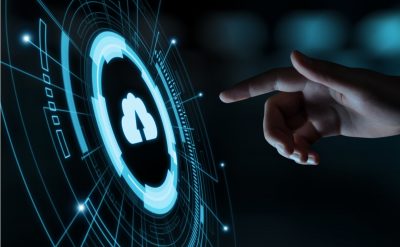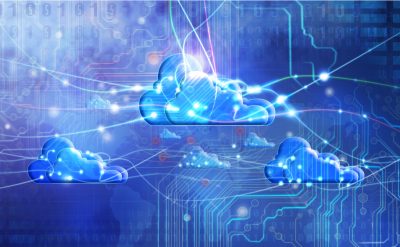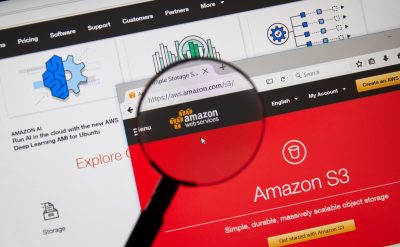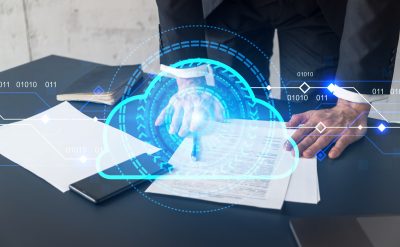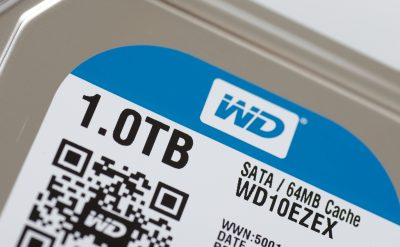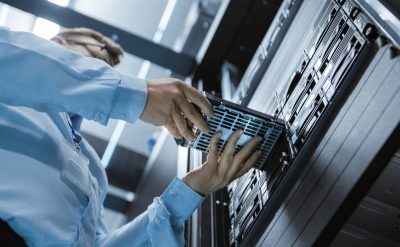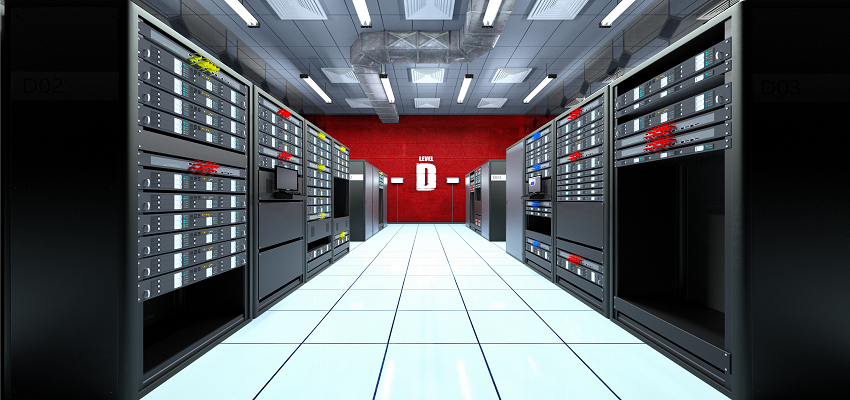Modern data centers are consuming electricity more rapidly than ever before, with more than a kilowatt of energy consumption per rack. The rising consumption has been to fulfill a rapid surge in the requirement of the higher computing power of the data centers. Data centers just don’t act as a holder of data they act as complete systems consuming data, processing data and deploying different applications. Most of the currently developed data centers aren’t being substantially energy efficient, making it close to impossible to reduce the energy requirement of the data centers. Currently, almost two percent of the global energy is consumed by the data centers around the world; the figure is set to rise by 2020.
A study was conducted by the Energy Technologies Area that forecasted the energy requirement until the year 2020 relying on the historical data on energy consumption and previous studies. Different components such as servers, storage, network equipment’s and infrastructure energy consumption for the period from 2000 to 2020. In 2014, data centers in the U.S. consumed close to 70 billion kWh, it was almost 1.8 percent of the total U.S. electricity consumption. From 2010 to 2014 the energy consumption increased by about 4 percent, for the period from 2000 to 2005 we saw an increase in power consumption by nearly 90 percent. Based on all the current consumption data it was approximately estimated that the data center will consume approx. 73 billion kWh in 2020.
Challenges for Energy-Efficient Data Center:
Many enterprises are adopting the cloud infrastructure and with that, the demand for data centers will also increase. Public, private and hybrid cloud are the solutions that every enterprise is adopting for applications leading to demand faster computing data centers. However, the major requirement comes from the individuals that are using the cloud to access different media’s such as videos, music, and applications. The requirement of individuals majorly focusses toward providing faster access to on-demand videos. Data Storage is facing different challenges and enterprises are adopting innovative solutions depending on the industry and requirements.
From the year 2000 to 2005, server shipments increased by almost 15 percent, nearly doubling the number of servers operating in data centers. From the period 2005 to 2010 the annual shipment for the server fell by 5 percent. The annual growth dropped by almost by 3 percent for the last five years since the induction of hyperscale data centers. The servers were configured for maximum productivity and operated at a higher utilization rate. In the Hyperscale environment, fewer servers are needed for the same computing power to provide different services in traditional, smaller and larger data centers.
Solutions for Energy Efficient Data Center:
The increased efficiency in power consumption with hyperscale data centers has stabilized the growing demand for power. Along with the considerable demand for energy, the energy efficient strategies and technology should also be adopted to improve consumption. Many of the current efficient techniques are used by the data centers and many new technologies are being developed to improve energy efficiency. Aggressive management of data to efficiently reduce the glitches in an application of enterprises has also resulted in a major overhaul for the data centers. Regardless of the current scenario of the data centers one technology that will be changing the face of the data centers across the world is Artificial Intelligence (AI) and machine learning. Using different machine learning tools and applying the relevant algorithm for data management can help us to efficiently use different hardware.
Using different deep learning perspective the enterprises can reduce the complexity around the data and reduce the hardware requirements to access the data. The change from hardware-centric to software-centric is being viewed as one of the efficient techniques to reduce the consumption of power by different hardware components. A combination of data center professionals and future technology can make the data centers efficient for future applications.
To know more about data storage, you can download our whitepapers.
